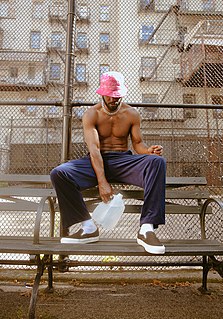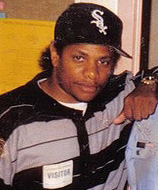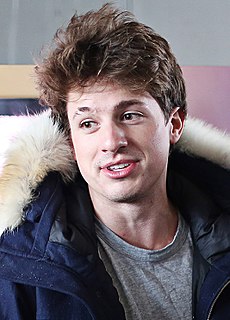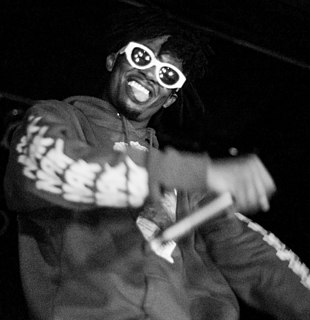Цитата Кендрика Ламара
Мои родители были довольно молоды в городе Комптон. То, что они играли, знаете, это была модная толпа. Так что я был ознакомлен со всеми этими идеями, от Big Daddy Kane до Eazy-E, Bay Area — Too Short, E-40 — вы знаете, до Марвина Гэя и Isley Brothers.
Связанные цитаты
Радиостанции R&B не говорят: «У нас в доме есть исполнитель старой школы Рональд Айсли». Они говорят: «У нас есть легендарный Рональд Айсли». Но если я приду давать интервью, они скажут: «У нас в доме олдскульный рэпер Big Daddy Kane». Мы принижаем себя, нашу музыку и нашу культуру. Многим легендарным исполнителям хип-хопа трудно победить.
Что странно, так это то, что Hot Boys и вся эта штука с New Orleans Cash Money оказали действительно большое влияние на залив, когда это стало популярным. Я не совсем понимаю. Я имею в виду, я знаю, что они были популярны везде и имели большой коммерческий успех в середине-конце 90-х, но они очень, очень чувствовались в районе залива.

































